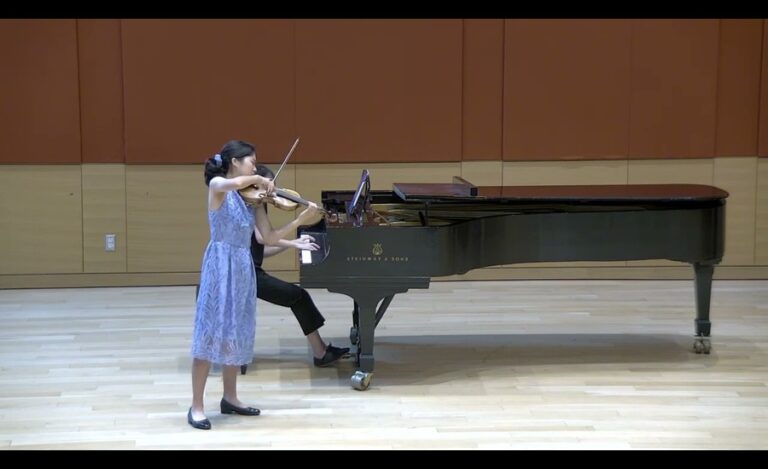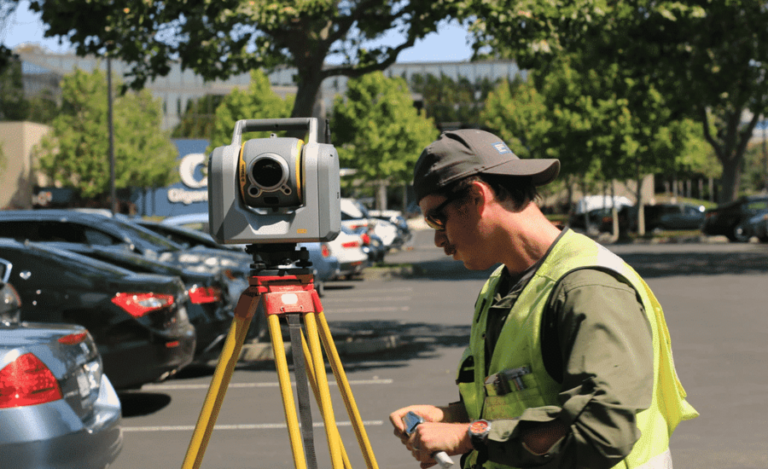The Benefits of Seeking Help: Relationship Support For Teens
Romantic and platonic relationships have significant impacts on teens during their developmental years. Relationships help teens overcome challenges, support others, and share personal experiences. As teenagers transition into young adults, professional help is beneficial for building healthy relationships with partners, friends, and family members. Here are some of the benefits of professional relationship support for teens:
Navigating Complex Emotions
Safe spaces allow teens to ask for assistance with various feelings they experience in connection to their interpersonal relationships. If they have difficulties with strong feelings of passion or love, trained professionals can help them work through their concerns. Selfishness and insecurity are two feelings that often trigger teens as they pursue romantic relationships. While some individuals are anxious about rejection, others are afraid of being vulnerable when they are in a relationship. Some teenagers may have feelings of guilt or shame with their feelings or actions. Counseling can assist adolescents in unraveling such complex feelings and finding ways to deal with them constructively.
Developing Communication Skills
Young people gain healthy communication skills when they seek relationship support for teens. One such skill is active listening, which means paying attention to the speaker without interrupting. Assertiveness is a skill that enables teenagers to state their wants and demands in a realtionship without being too passive or forceful. Practicing gestures with a counselor, like making eye contact, helps teens create bonds with others. Teens can also learn empathy, which helps them identify with and acknowledge other people’s emotions.
Conflict-solving skills prepare teenagers to address conflicts peacefully without using aggression or manipulation. Using open-ended questions fosters meaningful discussions and helps teens comprehend each other better. With professional guidance, they’ll learn that communication should be very clear so that there are no ambiguous statements that others could misunderstand. Teens will also learn how to regulate their feelings so that they do not act out of rage or irritation. Counselors explain that trust can be earned through honest and open communication, which leads to the development of more healthy relationships.
Understanding Boundaries
With professional assistance, teens become aware of several types of boundaries that are relevant to healthy relationships. Physical boundaries refer to personal space and understanding what levels of touch are acceptable within a relationship. Emotional boundaries are about safeguarding both parties’ emotions and not burdening themselves with other people’s emotions. Time boundaries help teens regulate their availability and prioritize time for themselves away from romantic partners. Digital boundaries involve determining what can be posted online and how others can access an individual’s devices.
Developing social boundaries involves determining who a teen will and won’t associate with to avoid specific influences. Communication boundaries refer to the extent and frequency of communication while maintaining respect and common courtesy. Sexual boundaries refer to the knowledge of consent and an individual’s comfort level when it comes to physical contact. Material boundaries are associated with the teen’s control of their possessions and funds, such as sharing items or money with others.
Developing Conflict-Resolution Skills
Relationship professionals help teens learn different ways to address various conflicts that arise in their relationships. Active listening involves taking time to understand the other person’s perspective before replying. Assertive communication helps teens convey their emotions without being aggressive or submissive. These skills enable them to solve conflicts in ways that benefit both parties, providing lessons in compromise.
Practicing self-control with a counselor enables adolescents to remain calm and rational during a disagreement. Learning empathy helps them understand the other person’s feelings and deal with conflicts calmly without making hasty decisions. Negotiation skills promote compromise and fairness in decision-making. When a teen knows their position in the conflict, they can modify their actions to reach a beneficial conclusion.
Coping With Breakups
Teens can learn healthy ways to deal with breakups with professional help. These methods include practicing self-care, such as taking up new hobbies to help them focus on constructive tasks. Some teens may prefer expressing their feelings through writing or drawing. Exercise or sports may also help to release difficult feelings that have been held back. Teens will learn to focus on personal development and establish new goals to restore confidence that may have been lost when their relationship ended.
Seek Relationship Support for Teens
Teens can seek relationship help to work on improving communication, setting boundaries, and dealing with emotions. Professional support also teaches teens how to avoid toxic relationships in the future and how to nurture healthy connections. These sessions provide tips for dealing with peer pressure, comprehending consent, and managing breakups better. Call a counselor today to schedule an appointment for your teen.






